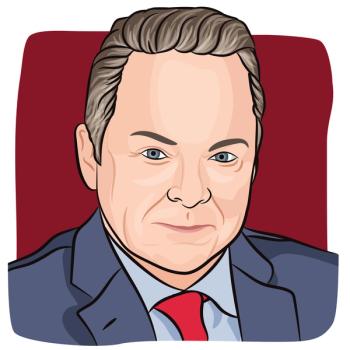
The gist of the critics' argument is this: More data in the hands of patients could potentially be bad. To that I say, 'No way!' An engaged patient is a more compliant patient.

The gist of the critics' argument is this: More data in the hands of patients could potentially be bad. To that I say, 'No way!' An engaged patient is a more compliant patient.
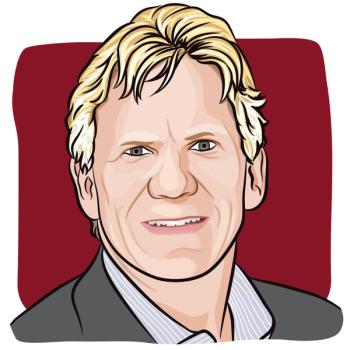
The auto industry standardized critical control location in cars to allow anyone with knowledge on any car to operate all cars safely. But our EMR systems have been developed piecemeal, to the detriment of its users.

Can ridesharing improve efficiency and the patient experience? Are mergers the future, or are they dragging us back into the past? Plus, updates on MSK's Paige.AI scandal a week later.
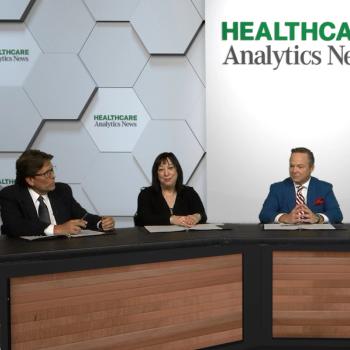
Five of the brightest minds in health tech offer five unique perspectives on the short- and long-term moves that matter most for the modern hospital exec.

Why we’re thinking about EMRs all wrong, and how mhealth gives us new windows into the human body.

Let's not duplicate failures - let's learn from them.
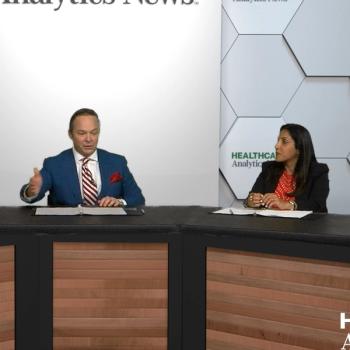
How valuable is a physician’s time? Is there a decent ROI for having them dedicate a sizable chunk to advising innovation teams? Should innovation teams be in-house or outsourced?
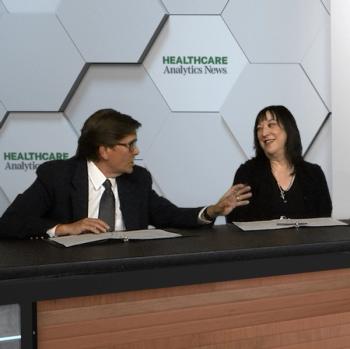
We can make sense of the constant push and pull between physicians, executives, pharma, technocrats, government agencies and more.

Following Hurricane Florence, many patients are finding access to their latest records and treatments is improved thanks to the resilience of digitized records and their cloud backups.

Forget the complaints – healthcare does plenty of things right, too. So where should hospitals bow to disruption, and where should they double down their efforts?

Leaders in wearable tech are pushing for enterprise-level health system adoption, and much of what we know about aspirin has been turned on its head.
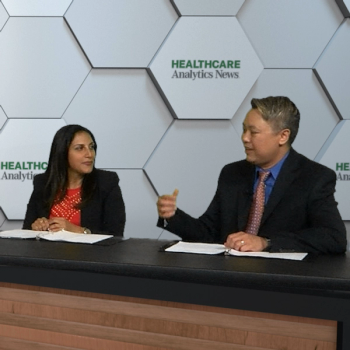
Technology and medicine aren't just crossing paths, they're converging. What does a happy medium look like?

Apple's newest wearable has the potential to open new doors to yet unimagined ideas and concepts in healthcare. It also has the potential to freak people out for no good reason, and overburden physicians.
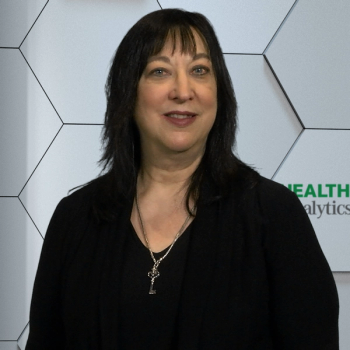
"The point here is that if you're a disruptor, you better be solving a real problem. You don't lead with the technology first."

When physicians and hospital executives don’t see eye to eye, problems arise. Both groups must work together to bridge the Clinical Divide.
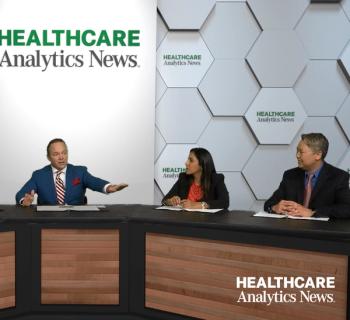
Disruption is a difficult game, especially for healthcare startups, whose innovative ideas are a dime a dozen, but whose implementation strategies are often murky at best.

The intake form has replaced many of the questions doctors ask at the beginning of a visit, but it's done so to the detriment of patient engagement in an attempt at efficiency and billing optimization, and remains firmly stuck in the dark ages.
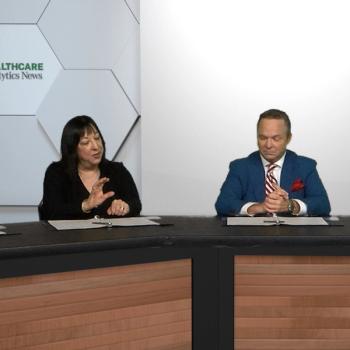
On the flip side, current incentives are driving many of healthcare's worst behaviors.
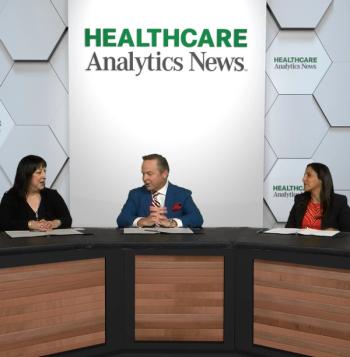
These days it seems like everyone has set their sights on disrupting healthcare. Who's really making news, and who's just making noise?
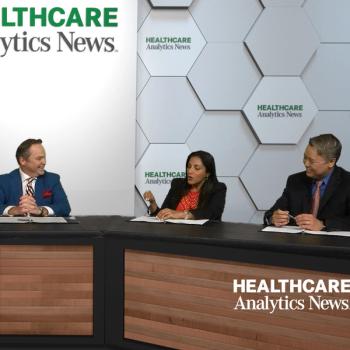
Will physicians always be the ultimate arbiters of patient care, or does their humanness leave aspects of their workflow better served by artificial intelligence?

If you have patient engagement anywhere in your strategy, position statement, or marketing material, then you should have an open, honest, patient-friendly and transparent billing system.

Despite it's long-term benefits, new tech inherently disrupts physicians' workflows. How can health execs overcome this cultural resistance?
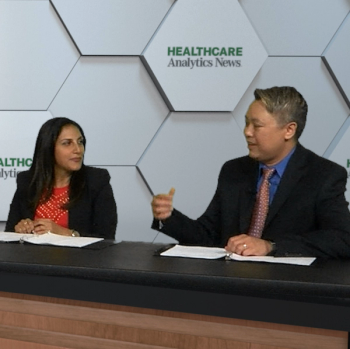
Health systems are leaving a lot of value on the table when it comes to engaging their patients. What tools will improve the patient experience, and keep patients invested in improving their health?
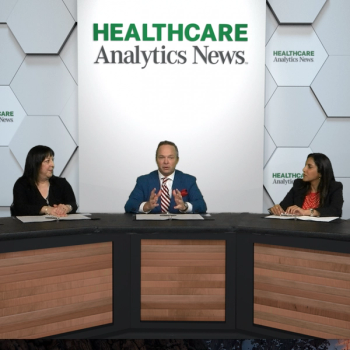
Healthcare stands on the precipice of a digital revolution. Who will help usher in the new era it so sorely needs?

On the inaugural episode of Blunders & Wonders, Dr. Nick Van Terheyden tackles e-cigs and Seqster, a new digital health integration app.
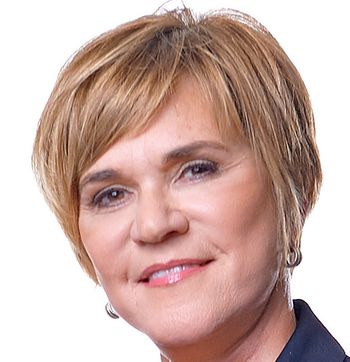
A CMMI-backed program transitions rural hospitals to a value-based, global budgeting model to evaluate outcomes and cost savings.
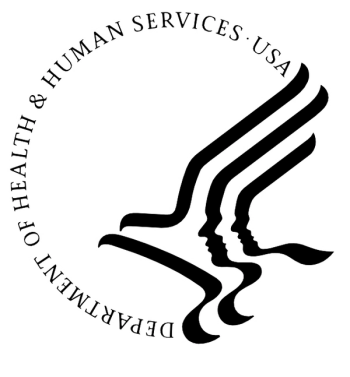
The vast majority of incidents involved the program being billed for a telehealth encounter that did not originate in a rural location.
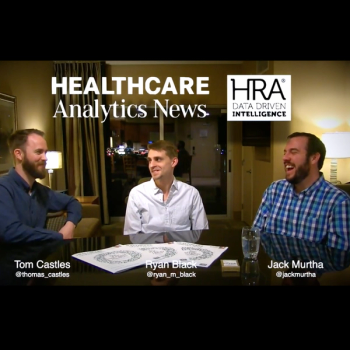
Certain trendy technologies dominated the conversation, but good-old analytics still have the power to impress.
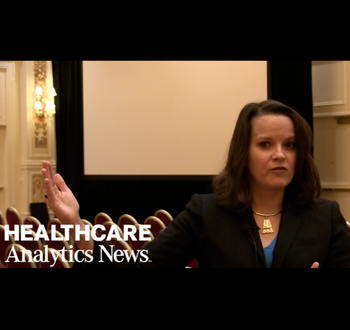
Why one venture capitalist is becoming frustrated with startups that push technology over problem-solving.
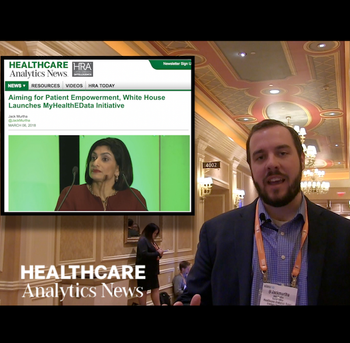
Our senior editor, Jack Murtha, runs down the biggest stories we've caught so far at HIMSS 2018.